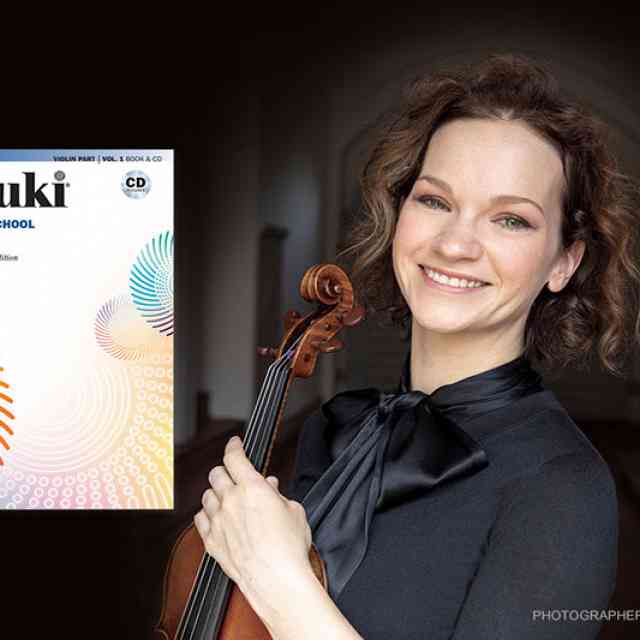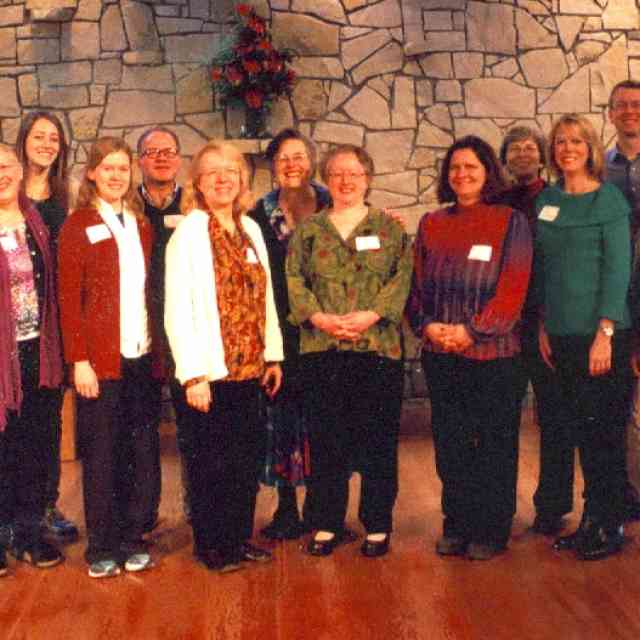Sometimes a beautiful heart is not enough. Sometimes human nature will take over. Sometimes taking a step back to gather my thoughts is the only way to have balance.
This was my experience last summer at a workshop where I was teaching. After one of my classes, I was confronted by a dad who was not happy. His son was placed in time out because of poor behavior. All the children and families know that there are two rules in my class: Rule number one, follow Mr. Krigger’s rules. Rule number two, if you have too much fun to the distraction of the class, you become a wild child and will be placed in timeout. He inquired why his son was in time out and emphasized he was not a wild child. I started to go through all kinds of thought processes: Your son broke the rules. Your son knows the rules. The entire class knows the rules. It’s my class and I know how to teach it and how dare you question it. He was a distraction and the other students were not learning, so he suffered the consequences. After pausing, I asked if I could sleep on it and if we could revisit the situation the next day. I did not sleep much that night.
My thoughts took me back to my first exposure to music and the teachers that influenced my journey. Mr. Buggs, the seventh grade music teacher, was visiting classes asking, would anyone like to join the orchestra? My friend raised his hand, so I raised mine. He wanted to play the violin, so I chose cello. The first time I started playing it felt like I had been playing it all my young life. Mom and Dad saw that I had a love for it and that I was committed to practicing at home. Three years later, I was still passionate about playing cello. Although there was not a lot of money for extracurricular activities like music lessons, my parents found some way for me to start taking lessons at the Academy of Music.
I graduated to DuPont Manual High School where I was in the orchestra, playing cello 90 percent of the time and violin 10 percent. I learned violin at the urging of Virginia Schneider, the viola professor at the University of Louisville and one of my mentors. She was one of the teachers that introduced the Suzuki method to the university. Ms. Schneider made it possible for me to teach inner city youth in the Summer Music Program. My passion for playing cello was enhanced by my new passion for teaching children.
I joined the Louisville Youth Orchestra under Rubin Sher. I was playing on a Kay plywood cello with gut strings and my parents wanted to get me a better instrument. Truth be told, I love playing on that cello. It was one of the better Kay models and it had a great sound for my personality. We went to the Music Center on 5th Street to inquire about an instrument. The proprietor brought out a student cello with lots of wear, but it was solid. It was actually an old Italian instrument, and I remember putting my bow on the string and to this day have never touched an instrument that you could play with just one hair and still produce a sweet, beautiful sound no matter how softly you played it. The price was $600, and at that time, $600 might as well be $6,000,000 given our financial situation. I could see on my parents faces how much they wanted me to have it, but it was just not feasible at the time. I remember not being disappointed, but filled with joy that I could feel and see how much my parents wanted better for me.
I received a scholarship to attend the University of Louisville—with my Kay cello, by the way. I did great in college on cello but less so with my other subjects. I lacked the maturity to understand the importance of infusing all areas of life into my cello playing. My university cello teacher, Guillermo Helguera, tried his best to guide me to follow the rules of college life or suffer the consequences. Ultimately, I flunked out of college.
During the mid-70s I started traveling, teaching cello and movement workshops. I always had a habit of driving through the middle of the night to get to each workshop; my parents worried about me traveling safely through the Midwest and South. I remember going through a small town about two o’clock in the morning and I was pulled over by a white policeman. My car was full of inflated punch balls for my class. He inquired about where I was going, and I said I was on my way to teach a children’s workshop that morning. He gave me his card and told me to call him if I needed anything. At the time, I did not think much about it. In thinking back, my parents, leading by example, taught me to “be aware” rather than “beware.” My parents were humble visionaries. Mom completed college and became well respected educator and a person of community. Dad worked from stock clerk to becoming store manager of the largest department store in Louisville, Kentucky. They both spoke softly and had compassion for everyone.
When I returned to last summer’s workshop the next morning, the children went through their pre-class routine of reminding each other of the two reasons they are in class. Reason one: they are not there to learn music. They are there to learn how to make a “beautiful sound” in the way they speak to each in class activities of working together and even having a beautiful sound of voice if they don’t agree with each other. Reason two: help each other and care about the well being of their friends in class with a “beautiful heart.”
Then they reminded each other of the two rules to follow in class. Rule one: follow Mr. Krigger’s rules. Rule two: have as much fun as you can have with as far as you can stretch your arms apart. If you have more fun than that, you become a wild child and will be placed in time out. I told them that we are going to change rule number two. When going into timeout, you will not be called a wild child, but rather someone who needs to be away from the class for a moment to think about your actions. You will not be alone; you may choose a friend or a volunteer to sit with you for support. After a moment of self-contemplation, the entire class will ask you to return with all voices sounding beautiful as one and no one’s voice heard over another.
Dr. Suzuki said only practice on the days that you eat. My experience last summer taught me several things. Having a beautiful heart must also be practice every day: the unconditional love and support I receive from my parents who gave me much when we had so little. The mentor who saw something in me. The concern for my safety in the middle of the night from a total stranger. My colleagues over the many years that I’ve shared my life with. The love of my family. Sharing the love and many cultures of the families and their children. These beautiful hearts form the foundation that I continue to build on. Beautiful Sound–Beautiful Heart.
I love you.









